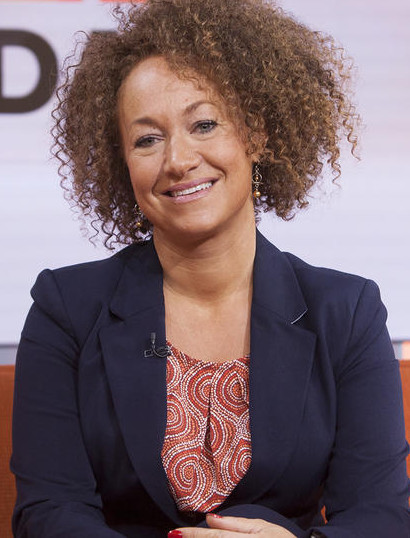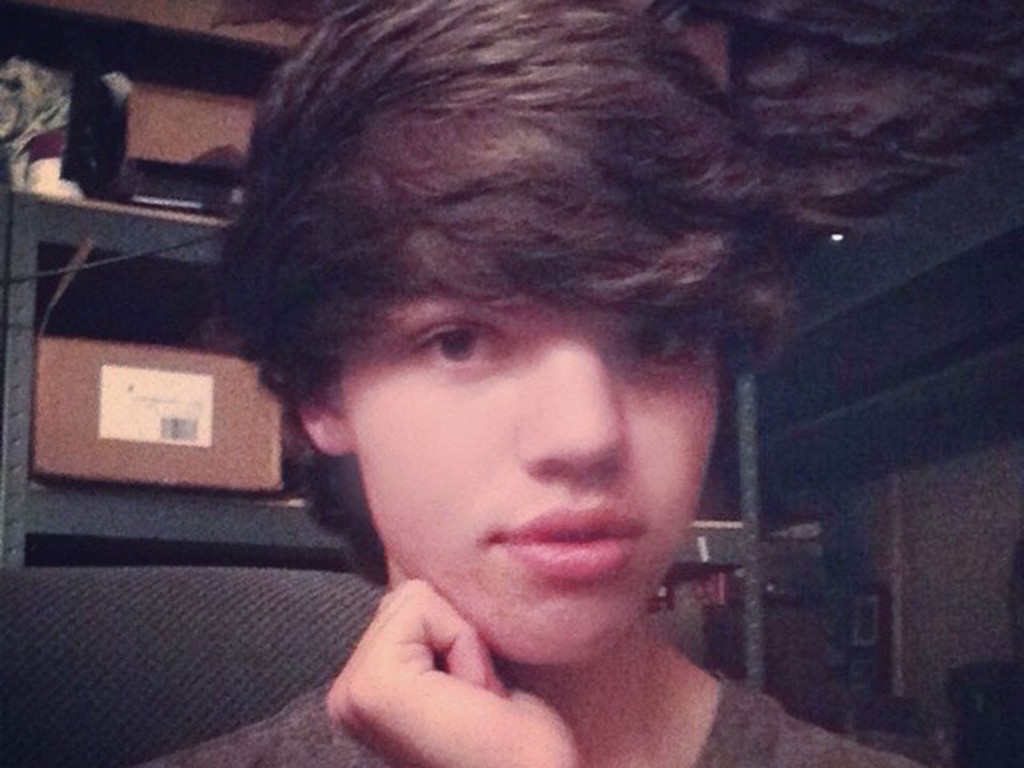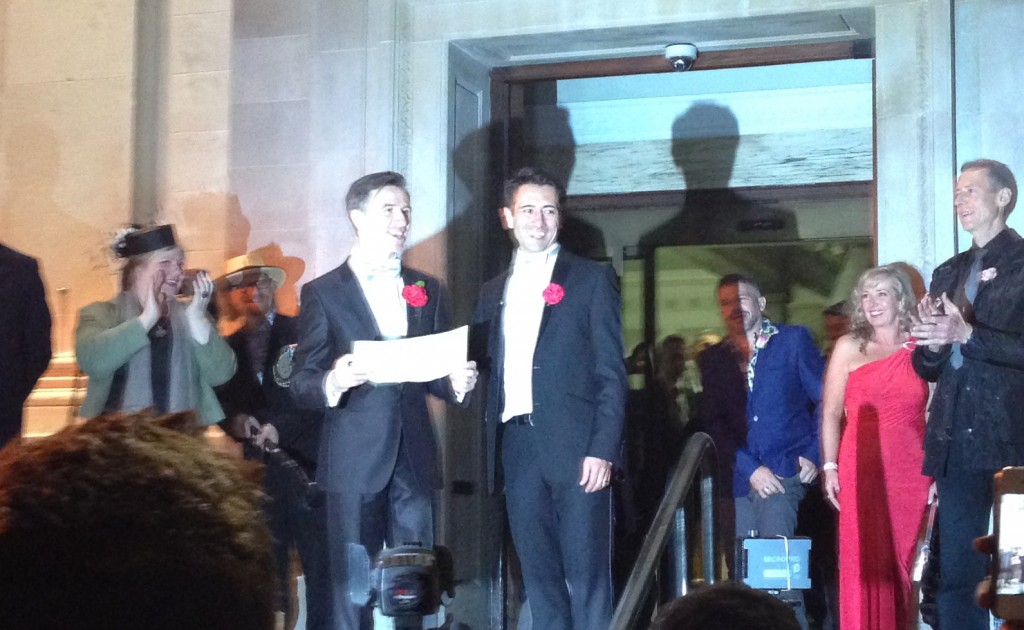Leila Gracie reflects on the high-profile case of Rachel Dolezal, an American civil rights advocate who lied about her life story in order to live as a black woman.
What makes an acceptable lie?

Rachel Dolezal in a recent TV appearance. Photo: Boston Herald.
In the light of genuine racial discrimination and injustice, it’s obvious why some have felt offended by Rachael Dolezal. As a rule, we don’t choose our race and have to simply deal with its consequences. Yet we should examine the nature of her lie. For instance, compare it with someone who has an affair, or someone who commits crime; such people would lie because they seek self-gratification at the expense of other. This is, surely, immorality in its most basic form. Was Dolezal truly “getting off” on living life as a mixed-race person? Was she having fun at the expense of others; was there some selfish reward? The argument that she deliberately and strategically built a career on the lie also seems tenuous, especially as she ‘lived’ the black identity in many other aspects of her life.
Furthermore, the lie was just plain odd. Though immoral, other lies, such as infidelity or stealing, still have a place within the spectrum of ‘normality’. Imitating another race does not. It is distinctly abnormal. She had to deal with the fact that no one would ever truly understand the truth. It was surely a source of shame for Dolezal and something that had to remain strictly private.
It appears that Dolezal wished so deeply that she could be someone else that she sought to make it real. Perhaps she hated her white self. Perhaps the thought of being a black person seemed like the only way to truly find happiness. There may have been moments when she was confronted with the ‘whiteness’ of her body and felt frustrated by its inadequacy. So she constructed a story for herself; the unique circumstances that made her, essentially, a black person in a white person’s body.
It would be interesting to discover exactly what Dolezal thinks being white, or being black means. What is it that she wants to escape and what is it she wants to become? She may carry guilt as a member of a racial group that has perpetrated racism. Indeed, we should all appreciate what we have; we should look to help those less well-off; we should be on the lookout for all forms of injustice and immorality and we should heed history’s lessons. But this can all be achieved without also feeling guilty. The cause could also be something more generic; simply the sense of disparity that arises whenever differing cultures meet.
Biologically derived social identifiers
There are certain aspects of our biology, such as race/gender/age, which carry social currency; they inform our social identity. Of course, they tell us something tangible as well. They tell us about our bloodline and its history, and about our place in the process of human procreation. However, the human race seems to universally attach meaning to these biological features.
While I would not agree that these meanings are pure social construction, there is certainly malleability and historical context in the meanings attributed. As individuals, we get no choice about what social identity we are ‘handed’ and must navigate our way through; make the best of our little lot. This means managing external interpretations of social identifiers as well as arriving at our own understandings of them.
Can we change/choose our social identifiers?
Ostensibly, it is possible to change a (biologically derived) social identifier. An obvious example of this is that one can undergo hormonal and surgical procedures to change one’s sex to match one’s gender identity. Of course, those who have changed their biological sex in order to reflect their gender identity should be accepted into society and be free to live with dignity and respect from others. However, empirically and semantically speaking, society does not seem able to cut ties completely with what it originally thought of as a biological certainty. A person who has transitioned to a different gender nevertheless retains the identity of a ‘transgender‘ person even after their sex and gender have been harmonised.
This word does a special job, not just for the trans individual (who may or may not celebrate a distinctively trans identity) but for wider society. It tells a story; it accounts for a history of gender. The fact that this is even necessary could tell us something about society’s views. Do people stumble when it comes to ‘accepting’ that transgender individuals have truly changed gender? If so, why might this be? One might venture that some members of society find this very concept threatening. After all, most people experience their gender identity and biological sex as one and the same. Unpicking this concept, or challenging its certainty, is often not just uncomfortable, but unfathomable.
On this basis, if, one day, it is acceptable to change one’s race, I would suggest that language will adapt, in its usual but imperfect way, so as to articulate that the new identity is real but also tell that another preceded it. The only way round this is secrecy and hoping to ‘pass’ as Dolezal seemingly did.
Who we are to ourselves: the spirit of common humanity
For better or worse, our social identity will always impact our social intercourse but it is down to us how we incorporate it into our personal sense of identity. In fact, I would suggest that to ourselves we can never truly be any of our social identifiers. Without society, to ourselves (i.e. when we have our own space and our own thoughts), it is difficult to ever fully attain the feeling of being a particular race/gender/age. Perhaps it’s terrifying to admit, but surely, ultimately, to ourselves, we are just a complex mix of ‘me’ and trying to make a success of things is the primary focus. The effects of dementia or brain damage reveal the fragility of the processes through which we know who we are.
I am not suggesting we face some kind of existential oblivion. We need something to anchor us in society and need to feel that such things are, to some degree, real. However, I would suggest that we remember our spirit of common humanity and let that be the predominant guide to understanding ourselves. Had we entered this world in different circumstances, we would be managing an entirely different set of connotations of our identity.
Dolezal’s desire to change race reveals our common tendency to try to live and be our social identifiers – to ourselves. It is immaterial that Dolezal interpreted ‘whiteness’ negatively and ‘blackness’ positively. What matters is that she felt utterly defined by her race. I would suggest that if we can, we should concede to the person that we know exists beneath this skin.
Leila Gracie works in the field of behaviour change in London. She also enjoys writing as a means to ponder life’s mysteries, exploring themes such as gender relations, body image or mental health.

